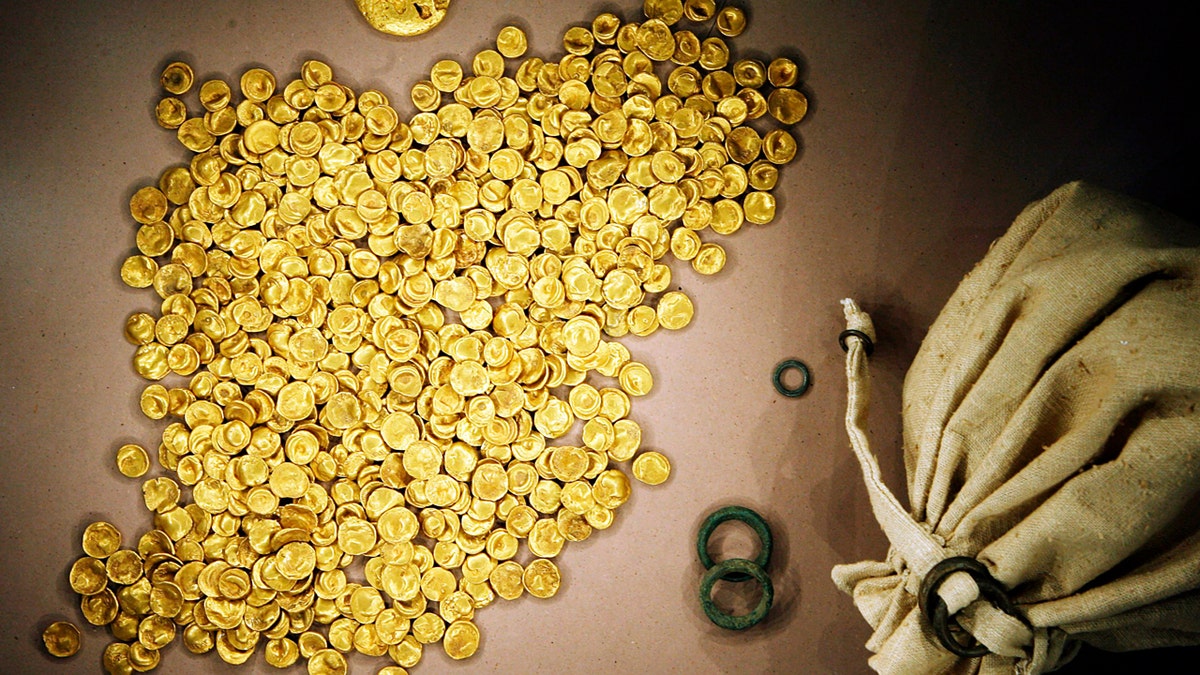Archaeologists have unveiled remarkable evidence of early Christianity in what is now Germany, pushing back the timeline of the religion's spread north of the Alps by at least 50 years. The discovery, dubbed the Frankfurt silver inscription, has been hailed as a significant milestone in understanding early Christian history.
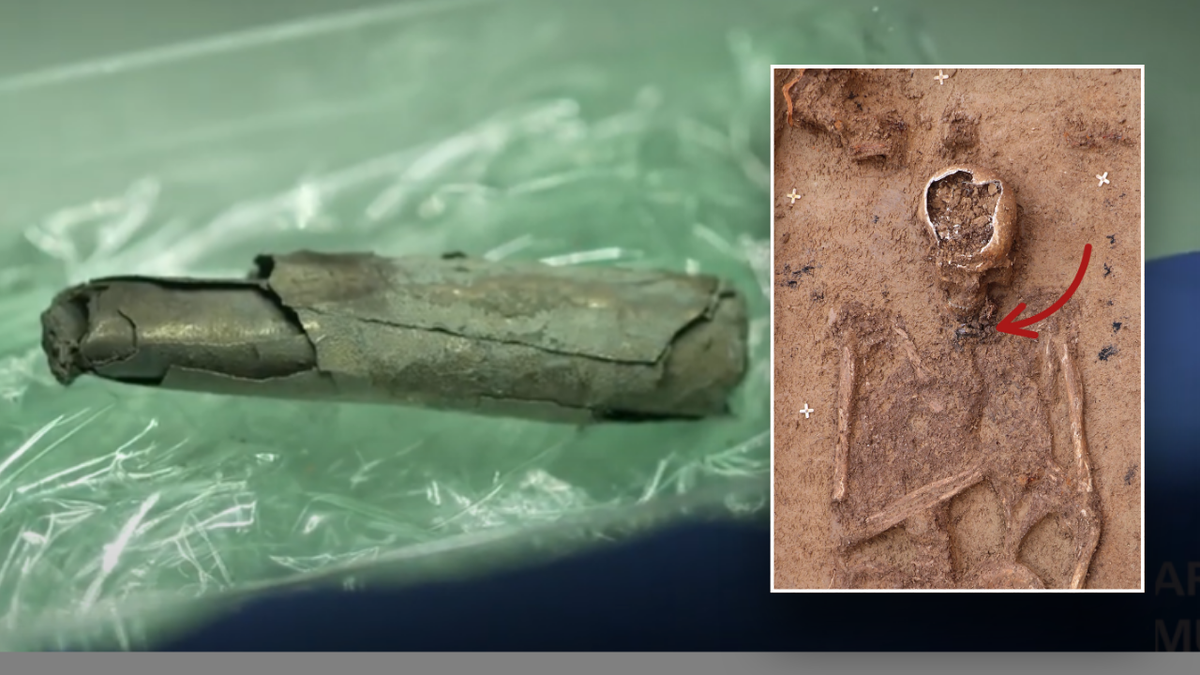
Unearthed in 2018 from a 3rd-century grave in Hesse, Germany (the former Roman city of Nida), the artifact is a silver foil inscription encased within a small amulet. The 18 lines of Latin text, dating between 230 and 260 A.D., invoke the name of Saint Titus, a disciple of Paul the Apostle, and Jesus Christ. The inscription requests divine protection for the amulet's bearer and proclaims the universal acknowledgment of Jesus Christ.
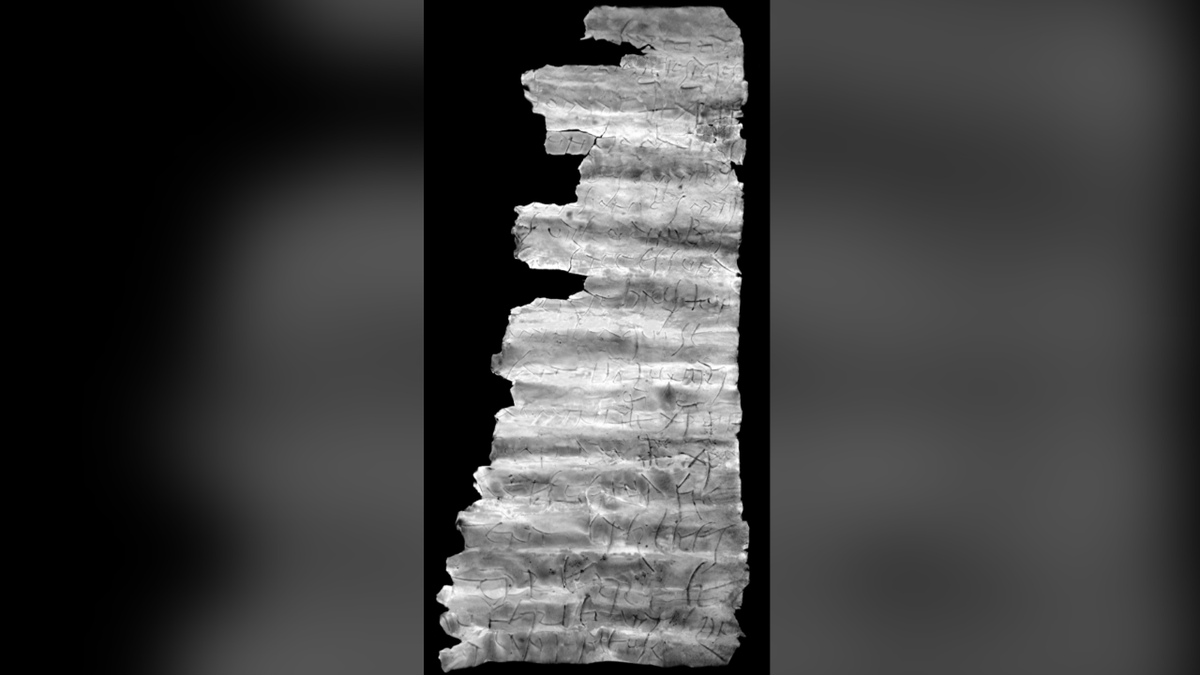
Deciphering the inscription was a painstaking process due to the deteriorated condition of the silver foil, which had been crumpled for nearly two millennia. Researchers employed computed tomography and advanced digital techniques to "unroll" the foil and reveal the text. The subsequent translation, spearheaded by Goethe University professor Markus Scholz, required months of collaborative effort with theological historians and other specialists.
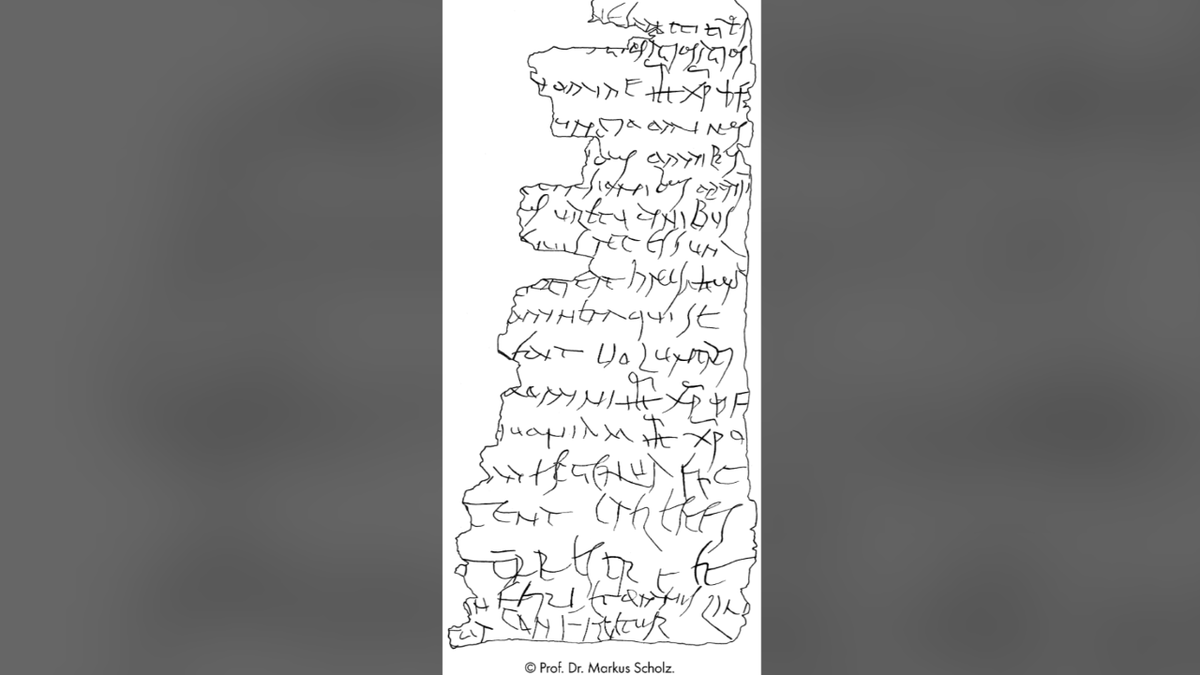
The inscription's use of Latin, rather than the more common Greek or Hebrew of the time, is noteworthy. Even more striking is the absence of any references to Judaism or pagan beliefs, marking it as a uniquely Christian artifact from this period. This purity of Christian expression sets it apart from other similar amulets, which often displayed a blend of religious influences.
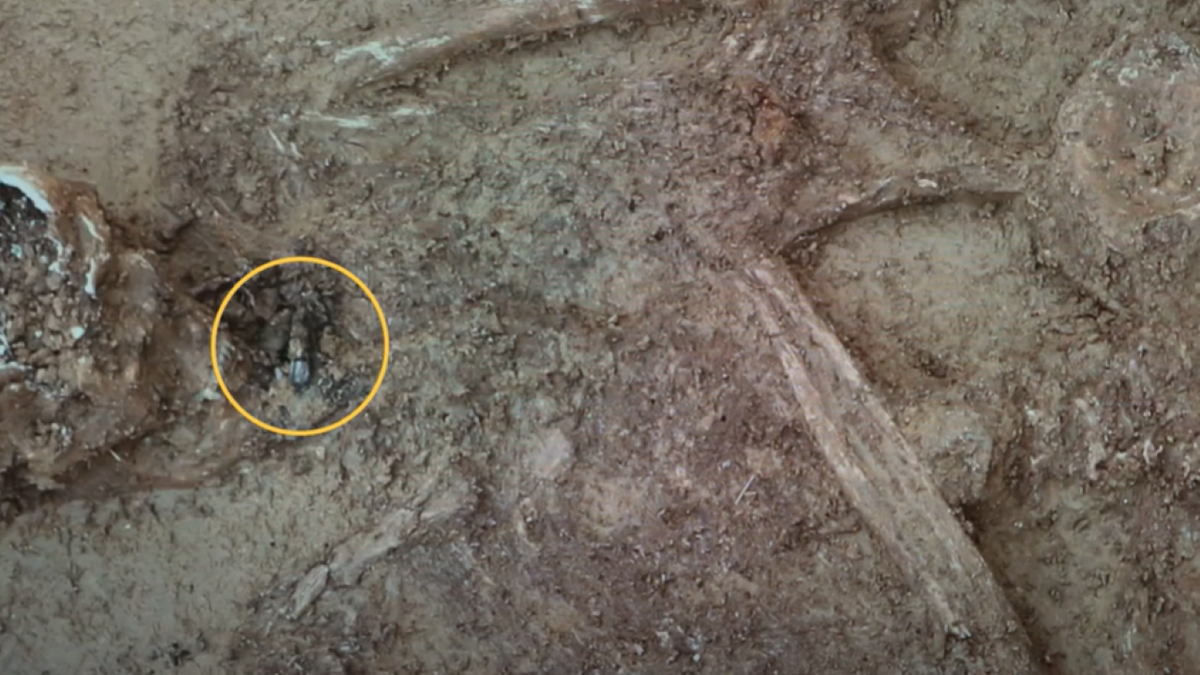
The Frankfurt Archaeological Museum describes the inscription as one of the most important testaments to early Christianity worldwide. It provides concrete evidence of Christian presence in northern regions of the Roman Empire earlier than previously thought, significantly impacting our understanding of the religion's early expansion.






